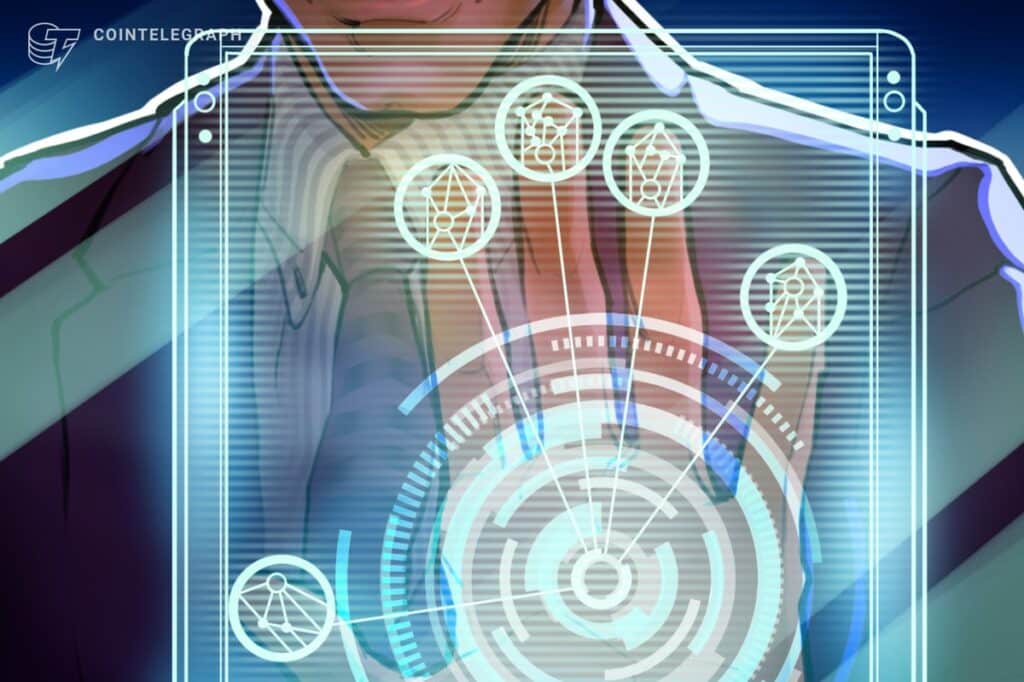Blockchain solves the misuse of biometric data – the founder of Privado ID

Biometric data collected by the tech industry introduces a number of vulnerabilities to end users and imposes significant costs on tech companies.
Evin McMullen, co-founder of Privado ID – a decentralized identity project that uses zero-knowledge cryptography – recently explained to Cointelegraph how decentralized blockchains can reduce these risks.
McMullen began by pointing out that biometric data is not only processed or stored by traditional Big Tech companies like Google, Apple or Microsoft. Instead, the data passes through a complex chain of service providers that understand the authenticity of certain pieces of data, often exposing the user's information to multiple third parties. The co-founder of Privado ID said:
“The information should be identity-based, meaning we can collect biometrics using our mobile phones whenever possible, keep that information on the device itself and not share it away from the device, never connect to the Internet, and instead, create zero-knowledge authentication.”
Zero-knowledge authentications — a method of validating data without revealing specific contents of that data — limit this data vulnerability, McMullen explained.
“We can use our blockchain key to control who gets access to information about biometrics,” the entrepreneur told Cointelegraph.
A pyramid of factors builds at each level to achieve a popular and reliable digital identity. Source: Privado ID
Related: Telefonica Tech Joins Polygon Privado ID as Systems Engineer
High costs and cyber security risks
Collecting biometric data presents significant cybersecurity, regulatory compliance and storage costs for technology companies. “It's actually an economic advantage for many businesses to not store biometric data,” McMullen said.
Examples of this include individual requests to remove or delete biometric data from data stores. These are more difficult to trace or modify but must continue to comply with regulatory frameworks such as the EU's General Data Protection Regulation (GDPR).
Additionally, the centralized nature of traditional technology companies' data storage creates an opportunity for malicious actors to attack the organization's security infrastructure and steal sensitive user data.
These centralized points of failure and the “monopolistic assumptions” of traditional technology providers have been addressed by decentralization in blockchain identity solutions, McMullen told Cointelegraph.
Human rights violations may occur.
The founder of Privado ID also touched on the potential for centralized biometric databases to be used for human rights abuses – an often overlooked concern. Using a historical example, McMullen says:
“During World War II, Know Your Customer, Banking, and Voting Records Led to Systematic Persecution of European Ethnic Minorities.”
This point was previously argued by NIM CEO Harry Halpin, who used the historical backdrop of World War II to argue why privacy is a human right and defend Tornado Cash's founders.
Magazine: Real AI and crypto use cases, Issue 4: Fight AI lies with blockchain













